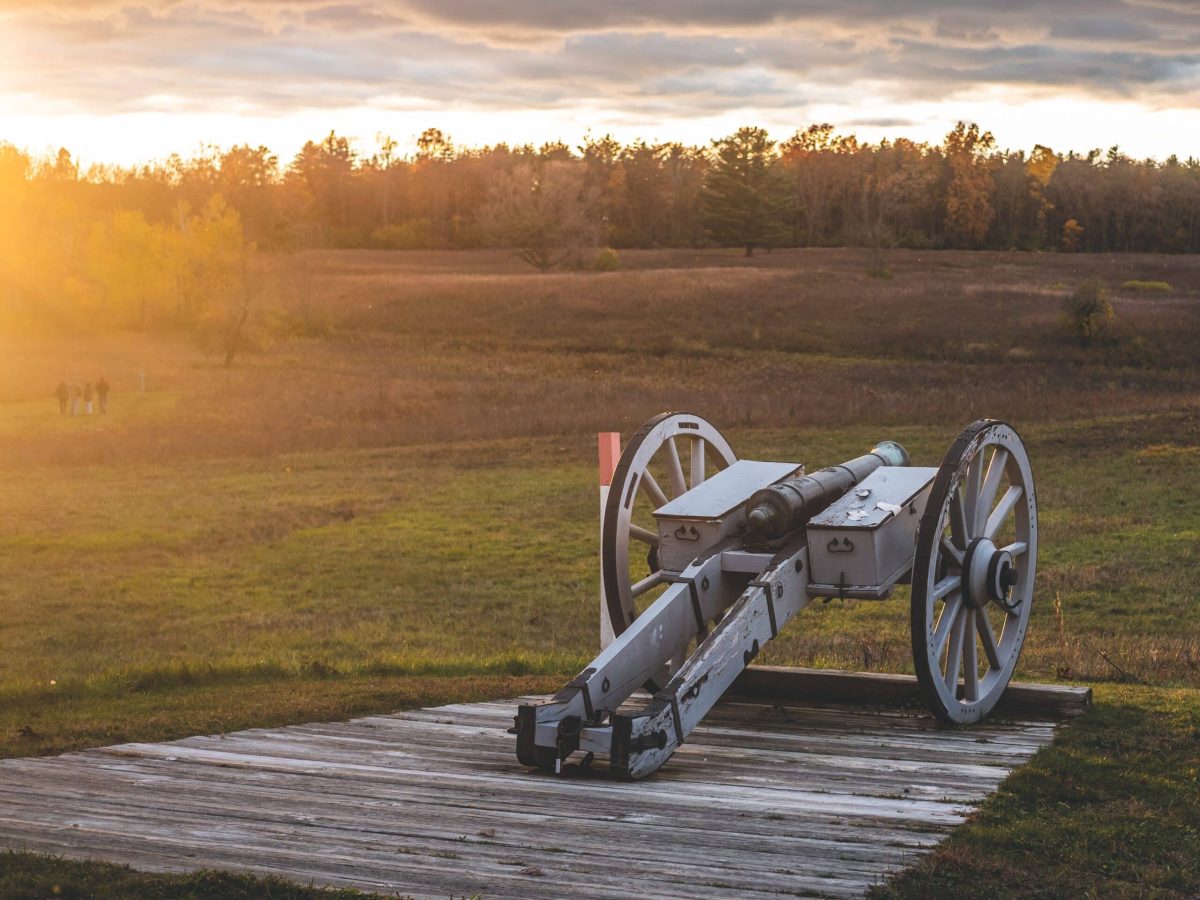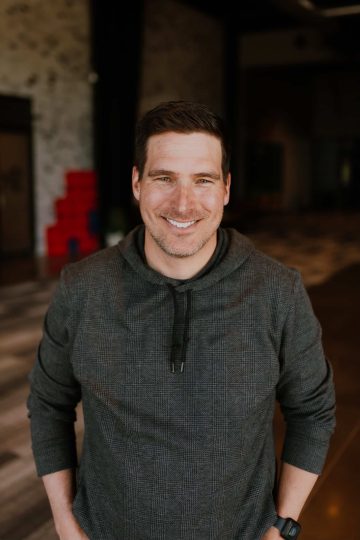Article
Lessons From the Trenches: 4 Things I Would Never Do Again
As a young planter, I had the passion of William Wallace but the self-awareness of Gomer Pyle. On the battlefield, I learned four things that I will never do again.

When I was younger, I remember my grandfather sharing with me stories from the war. He fought in the battle of Iwo Jima and was awarded a Purple Heart for bravery after sustaining life threatening injuries. In an old black-and-white photo book, he would show me photos of his friends and scenes from the battle. He spoke of fond memories of brotherhood as a Marine Raider, along with desperate moments of fear and peril. The war had changed my grandfather. It made him stronger, wiser and humbler, but it also gave him night terrors, which he struggled with until the time of his passing.
I started my church planting journey at age 24. After planting three churches and assisting with many other plants, I can attest that some lessons can only be learned on the battlefield. My family and I have celebrated many victories over the years, but we also have sustained many losses. Friendly fire has pierced our hearts like shrapnel from a landmine. The abandonment of friends has felt like the amputation of our appendages. Like a war-hardened veteran, we’ve experienced night terrors, anxiety and even symptoms of depression.
Church planting is hard. It’s the front line of the attack. And truth be told, many of our wounds were self-inflicted. We were young and had zero training. I had the passion of William Wallace but the self-awareness of Gomer Pyle. So, like my grandfather sitting on the couch with me, opening an old photo album, I want to share with you some of my lessons from the trenches.
Allow me to share four things I’ll never do again.
1. Plant the church of my dreams – My launch into church planting was reactionary. The church I grew up in had traditional Sunday school classes, quarterly communion with stale crackers, deacons serving as elders (aka “delders”) and wooden attendance boards. When we planted our church, we finally were going to get everything right! We wrote out a list of our distinctives: Expositional Preaching, Family Integration, Weekly Communion, Biblical Eldership. Five years later, by every appearance, our church was killing it. We had 300+ in Sunday worship, a $10,000 weekly budget and were building a multi-million-dollar facility on 40 acres. People resonated with the vision and were coming in droves.
About six years in, I went away for a personal retreat. During that time, the Lord pointed out to me that only 4% of our growth was by conversion. That meant 96% of the people attending our church were transferring from other churches. We weren’t building the kingdom; we were just shuffling the deck. Looking back, I had a heart for my community, but we led with our distinctives. I had succeeded in planting the church of my dreams but failed in planting the church of my city. That’s one mistake I’ll never make again. Instead, I will heed the words of Paul in 1 Cor. 9 and “become all things to all people so that by all possible means I might save some.” I will think like a missionary and allow the needs of our city to help shape the vision and ministries of our church.
2. Be unclear about leadership models – At our second plant, I started the church with two of my closest friends. They both were pastors at other churches and highly gifted leaders. I was insecure and wanted to protect our friendship. Because of that, I was unclear about my position on “first among equals” leadership. We were an elder-led church, but they assumed that meant equal preaching, equal vision casting, equal leading of elders’ meetings, etc. They considered me the lead planter, but not the lead pastor. In fact, they believed our team had no leader. Instead of celebrating our different capacities to lead, they tried to force complete equality among the elders, allowing for no special giftedness, calling, function or financial provision for any member. After several years of planting together, the wheels finally came off. Do you remember my analogy of amputating appendages? Yeah, that’s what I felt. Eventually I left the church, lost my friends and spent years trying to recover.
I will never do that again. Over the years, my confidence in the gospel has grown. I’m spending less time worrying about people accepting me and more time reveling in the fact that I’m accepted through Christ. I believe whole heartedly in biblical eldership, and in our third plant I sought to right this wrong. Our elder process spelled out the idea of “first among equals” leadership and we included the concept in our bylaws. Injuries on the battlefield may cause you to walk with a limp, but once you’ve learned what a landmine looks like, you’ll not be foolish enough to step on one again. No matter what leadership style you choose, learn from my mistakes and be clear at all costs. Otherwise, the people you love will be in danger of injury and mass casualties.
3. Start with a large core group of Christians – It seems everyone loves the idea of launching big. Somehow that’s become the sign of a successful plant. If you have 100+ at your first service, you must be doing pretty well. People will praise you; partners will give you more money; Baptist papers will write of your success. That’s how it worked with us anyway. Our plant team was 100 members strong. Our public launch peaked at almost 300 people. And looking back, it was an utter disaster. Launching big is something I hope to never do again.
Why? Church planting is an evangelistic work. The goal is to push back lostness. As Paul said, “I make it my ambition to preach the gospel, not where Christ has already been named, lest I build on someone else’s foundation” (Rom. 15:20). By planting with a large team of Christians, we immediately had 100 people who needed to be shepherded. We were a young church with old-church problems. Instead of launching big, in the future I would spend at least a year having evangelistic conversations. My goal would be to launch the church from conversion growth. As the saying goes, “What you win them with is what you win them to.” I would rather win people with the gospel to help create a culture of evangelism and multiplication.
4. Make promises about my tenure – Early in my planting journey, I was highly influenced by men who said, “Plant your church and die there.” Because of this, I believed that leaving the church would mean letting people down. Good shepherds never leave their flock, right? So, in one of our early plants, I overpromised and overstayed. Can you tell most of my failures were rooted in identity issues? You’ve got to figure out that gospel stuff.
As I enter our 20th year of planting, I’ve learned more about being an apostolic leader. My sweet spot is three to five years, where I can preach Jesus, develop leaders and hand over the reins. The book “The Forgotten Ways” by Alan Hirsch was particularly helpful in figuring this out. Apostolic leaders are entrepreneurs and gatherers. We always think about the future, developing leaders and establishing churches in a new context. For me personally, when I remain in one place too long, I tend to push too hard and wear people out. I need to be surrounded by strong shepherds and teachers and very quickly try to identify someone who can be my successor. Because of this, I try to make no promises about the length of my tenure.
These are four mistakes I’ve made on the battlefield and, by God’s grace, I’ll never make them again. In the next article, I’ll share with you four things I will do again and again.




